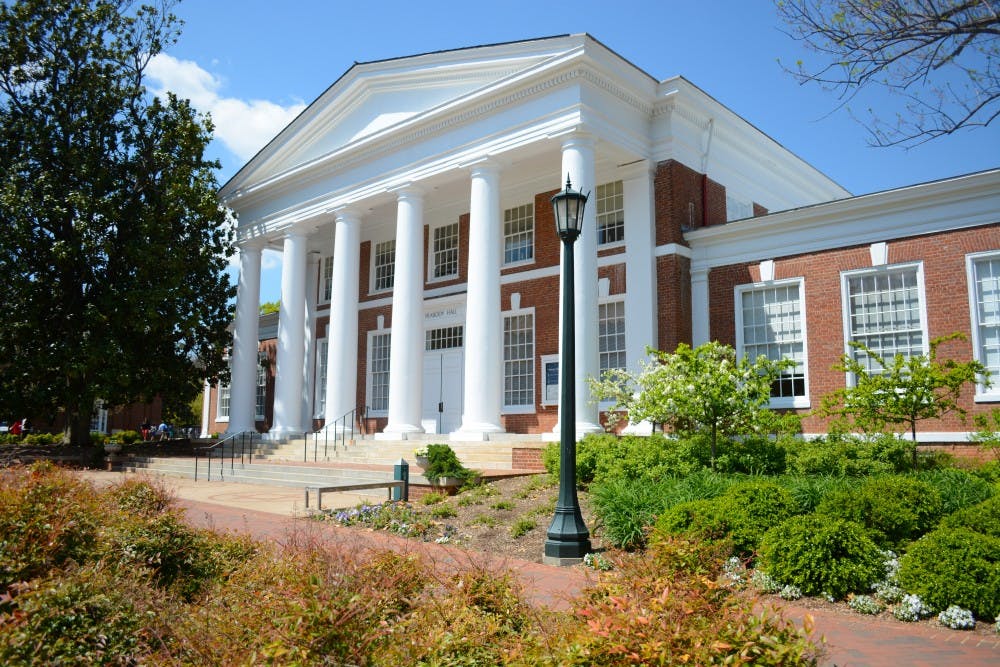Nearly every elite college in the country prioritizes legacy applicants in their decisions as a way to please those who are more likely to donate to the school. While it may not be publicized, it would be naive to assume that our admissions decisions had been without any considerations for our endowment. Nonetheless, the mere notion of admissions making decisions based on something other than merit seems to have the University community reeling. The recent uncovering of admissions documents by author Jeff Thomas was featured on the front page of Monday’s edition of The Cavalier Daily, while their lead editorial concludes that “the University should support equal educational opportunity for academically qualified students regardless of family donations and ties to the school.” This assertion is sensible, and actually seems rather obvious in the interest of fairness. However, such a plan is unrealistic in that it fails to consider the reality of the University’s situation.
In one example cited by the earlier articles, one applicant has “$500K” written on their file. If this is in fact referencing a donor’s gift which is contingent upon an applicant’s acceptance, there arises an ultimatum: should the University’s admission office be expected to cut off half a million dollars of potential donor revenue — resources which could be used to enhance the experience of several students — for the sake of maintaining the misguided ideal of perfect admissions integrity towards a single applicant?
For those who will inevitably answer yes, I urge them to remember another "special case" admissions situation: talented athletes are regularly given enormous preference in admissions decisions, with academic qualification as a secondary concern. One might call attention to the spaces that these students take from other, perhaps more qualified, applicants as well. This, too, is nothing unique to the University. Most collegiate athletic programs will lower admissions standards for talented athletes in the same way legacy applicants are given priority.
Even with this reality, the admission office still does everything it can to focus on merit. The “pay-for-play” concept coined by Monday’s edition is understandably an unpopular one for any student who doesn’t have the means to buy into it. But the uncovered documents show very clearly that such a term is hyperbolic in defining the University’s admissions policies. Even the student apparently linked to “$500K” in donor revenue is given only a waitlist position. Another excerpt from the documents shows that a presumably well-connected applicant “really needs good grades” for any action to be taken. The basis of merit, of which the recent articles claim to be absent in the admission office, is still clearly visible, showing that these are simply applications given another look due to the University’s best financial interests, not widespread bidding wars which usher in wealth while barring low-income students.
As an out-of-state student, I know firsthand the challenges of gaining acceptance to the University, and I am certainly familiar with the frustration of those who do not. But I am also a recipient of a University scholarship, living proof of the resources which the University is able to offer to its students. Despite continually decreasing state funding, it is the support of our donors which allows the University to stand as one of two need-blind public schools in the nation and to meet 100 percent of demonstrated need.
To criticize admissions or the University for occasionally factoring donor relations into their decisions is unreasonable. No, the system is not perfect, but it is often successful in maintaining valuable relationships which help it thrive. It is important to ultimately remember that without the University’s crucial resources, received largely from its donors, there would be no admissions scarcity to fight for in the first place.
Liam Flaherty is a first-year College student.







